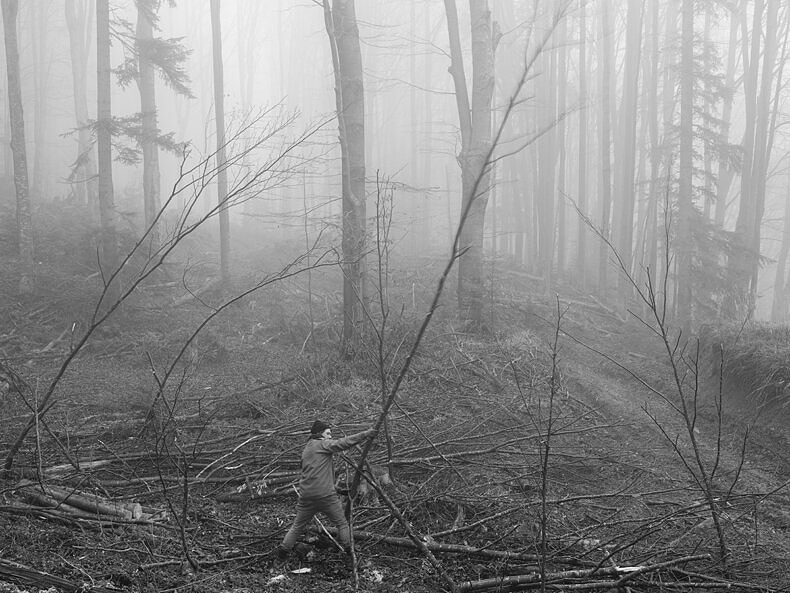
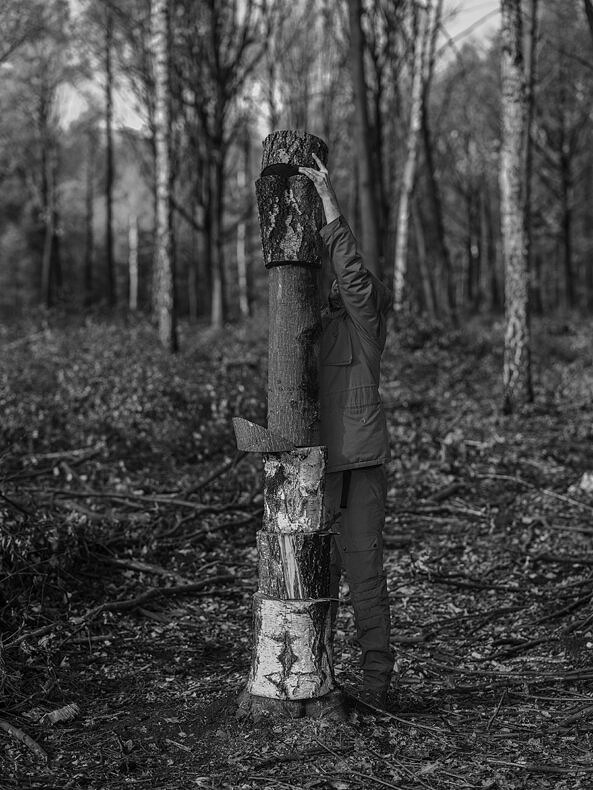
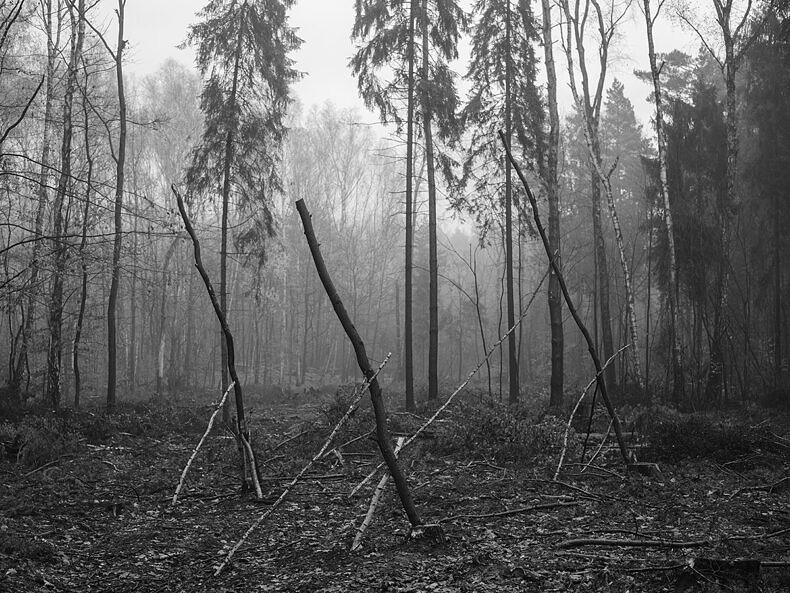
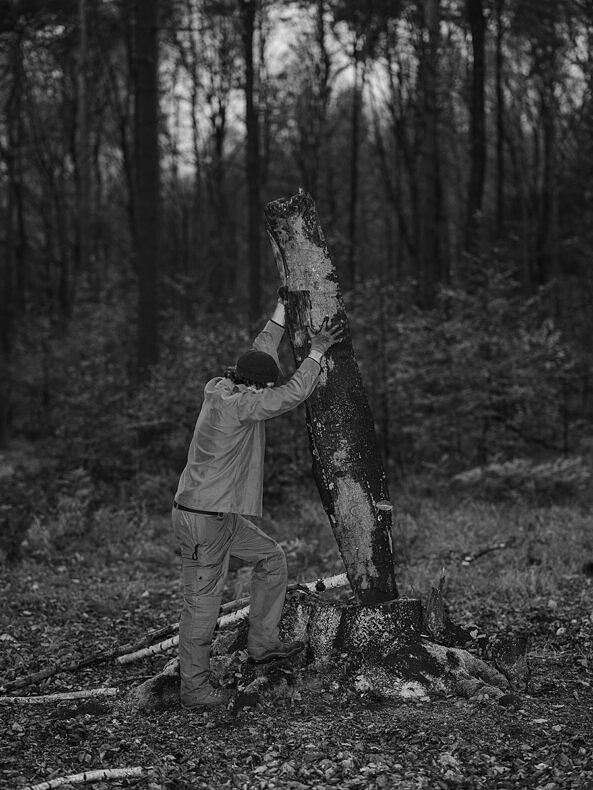
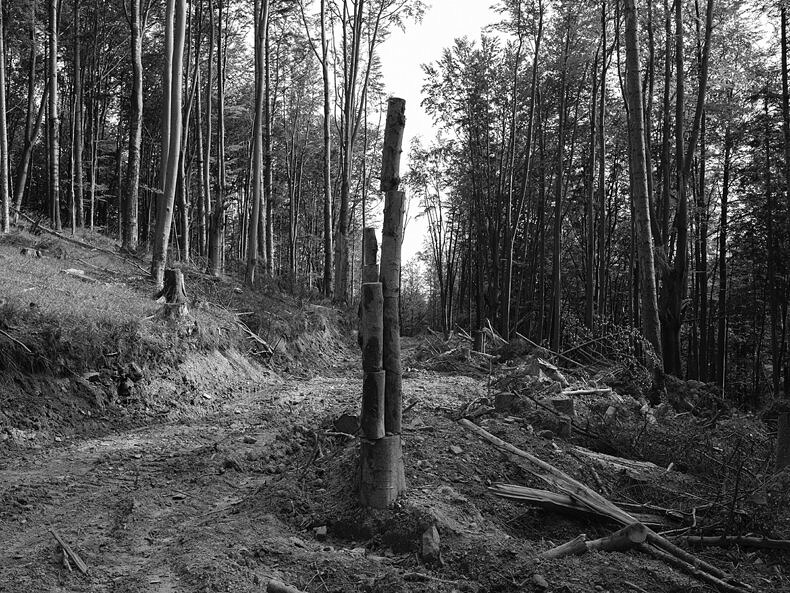
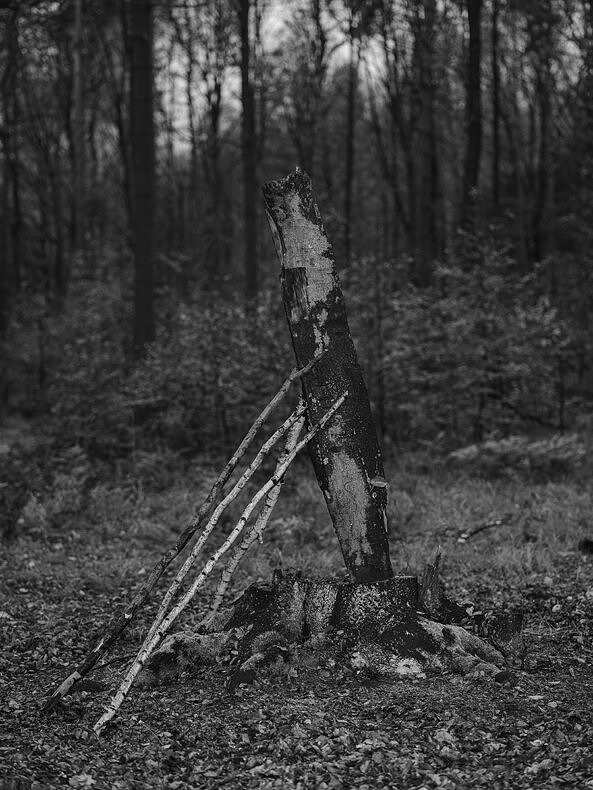
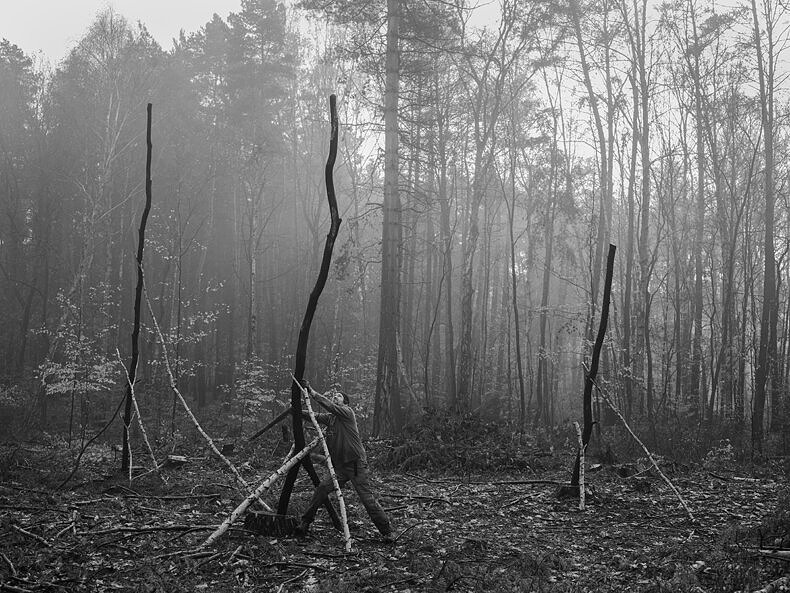
For over a dozen years now, foresters have been redeveloping the Polish woodland. They have altered its species composition, for example planting beeches and oaks, more resistant to increasing climate change than the Scots pine or Norway spruce. The activities aim to maintain the biodiversity of forest ecosystems. At the same time timber extraction, i.e. logging, is continued. The process is known for short as sustainable forest management.
Academic curricula at forestry departments include courses in timber transport, logging, forest economics and hunting management. There are no classes devoted to the emotional bond between man and the forest or its influence on the human psyche. Perhaps that is why foresters often fail to understand this bond. The way woodland is perceived by man is a part of his identity and site of important memories.
A belief is gaining more and more popularity that up to 20% of our woods should be excluded from logging and left to nature. However, for almost twenty years not a single new national park has been established in Poland, and unique old-growth trees in such places as the Carpathian Forest are subject to the kind of forest management whose main priority is the acquisition of timber, resulting in environmental degradation.
The new plantings of around 500 million trees a year cannot realistically offset the effects of logging or reestablish the damaged ecosystems.
All images ©Michal Luczak